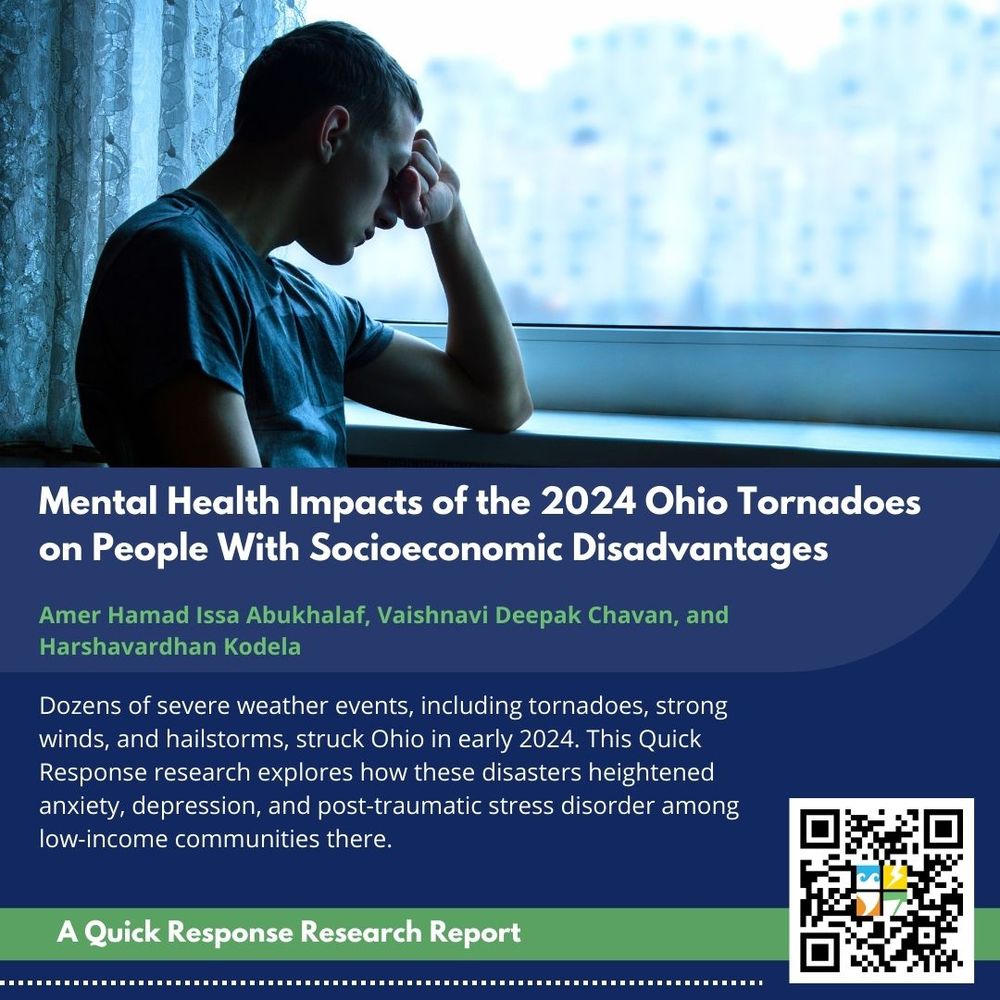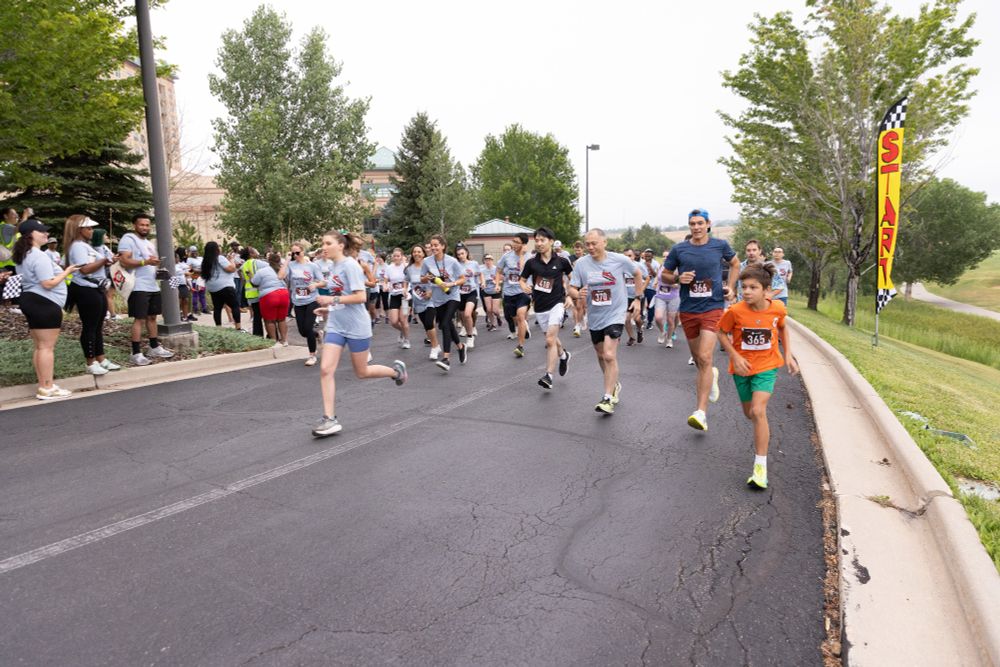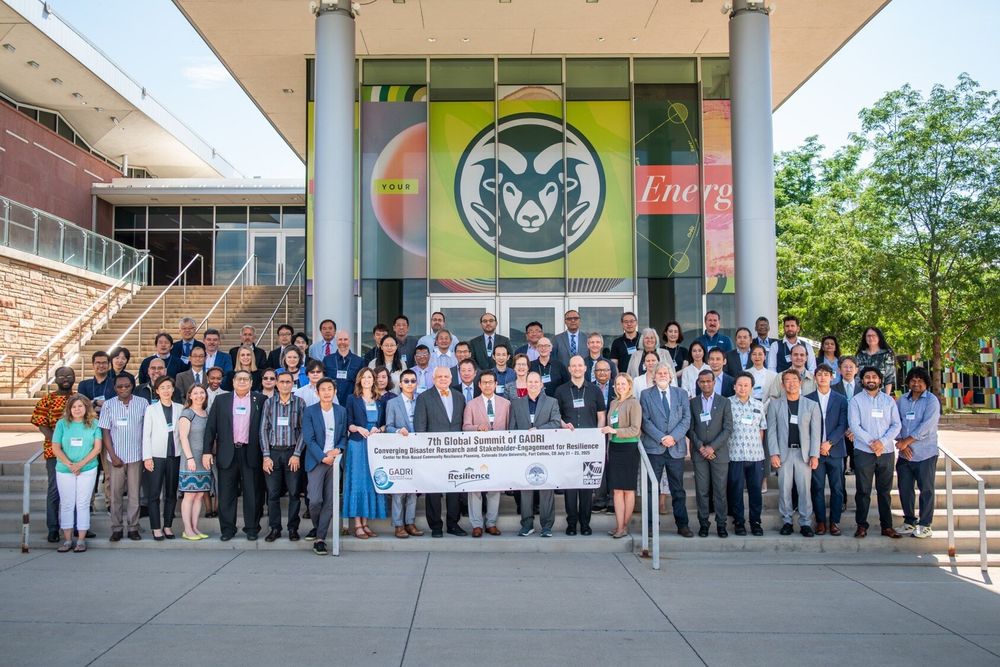Natural Hazards Center
@hazcenter.bsky.social
3.2K followers
830 following
200 posts
Translating and sharing hazards and disaster research with practitioners, policy makers, academics, and everyone else!
https://hazards.colorado.edu/
Posts
Media
Videos
Starter Packs
Reposted by Natural Hazards Center
Reposted by Natural Hazards Center

































